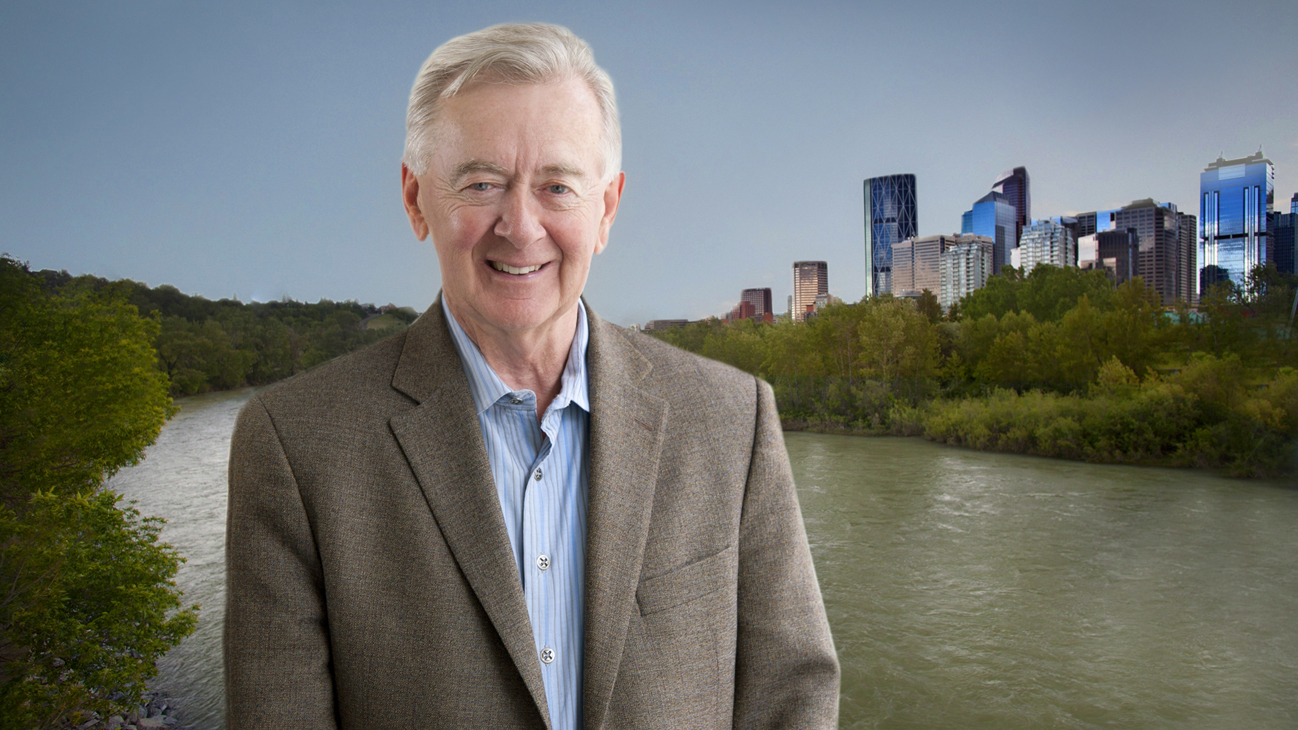When the people of the United Kingdom voted last June on whether or not to exit the European Union, London, the capital city, was surprised by the result. While the vote in London itself was 60 per cent in favour of remaining in the EU, the vote in the country as a whole was 52 per cent in favour of leaving. Why was it that the capital, home of the majority of Britain’s political and media elites and the seat of its parliament, seemed to be so much at variance with what the rest of the country was thinking and feeling about the EU?
When the people of the United States voted this past November to choose a new president, Washington, the capital city, was again completely surprised by the result. While Washington voted 91 per cent for Hillary Clinton, the consummate political insider, almost 50 per cent of the voters in the rest of the country were prepared to vote for Donald Trump, a complete political outsider.
In other words, the politicos and pundits of the capital cities of both Britain and the United States were among the last to know what populist stirrings were abroad in their countries at large.
It is reasonable to suspect that the political and media elites of our capital city will also be the last to know and understand the nature and extent of populist sentiment in this country. In fact, it is probably safe to say that Canada’s political and media establishment have never really understood populism in this country and are therefore ill-equipped to understand or respond to its current manifestations.
In the United States, those willing to undertake a crash course on American populism are revisiting biographies and commentaries on Andrew Jackson (1767-1845) and William Jennings Bryan (1860-1925). Jackson was the Southern political outsider, who swept to political power on a surge of populist sentiment in 1829, much to the surprise and chagrin of the New England political establishment. And Bryan was the three-time Democratic nominee for president (in 1896, 1900, and 1908) who gave voice to the agrarian populist movement that heavily influenced U.S. politics during and after that period.
Canadians interested in taking a crash course on populism in our own country might consider revisiting some of the literature by knowledgeable insiders of the Western-based Reform movement of the 1980s and 90s such as Prof. Tom Flanagan’s Waiting for the Wave.
But members of the Canadian political and media establishment with left-of-centre biases might be more receptive to credible commentaries on Canada’s agrarian populist movement of the 1920s and 30s, well described by Prof. W. L. Morton in The Progressive Party in Canada.
Long forgotten and underappreciated by most of Canada’s political class, the Progressives formed credible provincial governments in Manitoba, Alberta and, briefly, Ontario. To the complete astonishment of the Ottawa establishment, they and their allies gained the second-largest number of seats (65) in the 1921 federal election, and held the balance of power in the divided parliaments elected in 1925 and 1926.
While the Progressives had their wild and woolly side, as all populist movements do, they were first and foremost champions of democratic reforms – referendums, citizens’ initiatives and recall – to give rank-and-file Canadians a stronger voice in their public affairs. Many of their economic reforms, especially their championing of freer trade and fairer freight rates, were attractive enough to be adopted by the Liberal Party of Canada, which expropriated much of their platform. Their name “Progressive” and some of their leaders such John Bracken, the Progressive premier of Manitoba, were attractive enough to be embraced by the federal Conservative party of that era.
The Progressives also spawned two other grassroots political parties during the Great Depression, the right-of centre Social Credit Party and the Co-operative Commonwealth Federation (CCF), predecessor to the modern New Democratic Party. The failures of the latter on the federal scene can be attributed, in part, to its abandonment of the democratic grassroots traditions of the CCF in favour of an alliance with academic and union elites, generally contemptuous of the CCF’s Western populist roots.
Thus, Canada has had its own past experience with populism – some of it bad, much of it good, but all of it instructive. Given the uprising of populist sentiment in our times, today’s politicos and pundits would be wise to revisit and learn from that extensive and instructive experience. Failure to do so, especially at the national level, could mean that Ottawa will be the next capital city to be the last to know what is going on.

